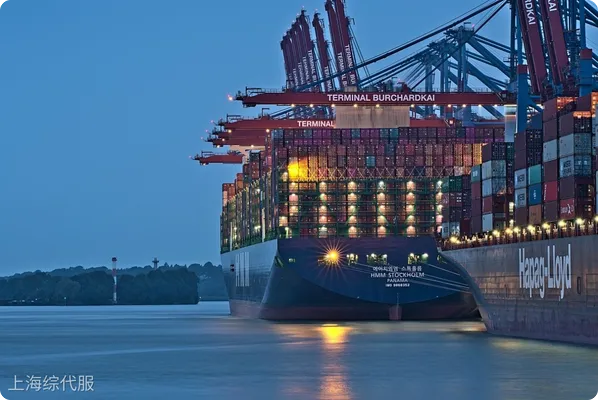In recent years, Thailand has become an important export destination for automotive parts with its huge automotive market, excellent geographic location and strong policy support.Making the link to automotive parts exports to Thailand, becoming an essential skill for automotive parts exporters.Knowing these export links and considerations below, you can be more confident to enter the automotive parts market in Thailand!

I. Preliminary preparation
Identification of export qualifications
1) In terms of company registration and qualification, enterprises must ensure that they are registered in relevant institutions and have the qualification for export business.
2) Confirmed details of cooperation with Thai importers: including delivery address, contact details, specifications and quantities of required accessories, etc. in order to accurately meet customer needs.
Understanding Thailands Import Policy
1) In terms of tariffs and rates, enterprises should inquire about the tariff rates and possible preferential policies of Thai customs on export accessories.
2) Clear the list of prohibitions and restrictions on imported accessories in Thailand to make sure the product is not in it. Certain specific accessories may require import licenses, which enterprises must apply and obtain in advance.
Preparation of export documents
1) Commercial invoices: the name, specification, quantity, single price, total price and other information of export accessories should be listed in detail.
2) Packaging list: describes the contents of the accessories in each packaging box, including quantity, weight, size, etc.
3) Certificate: issued by the carrier, certifying that the goods have been loaded and pledged to be shipped to a designated port in Thailand.
4) Certificate of origin: as an official document proving the origin of accessories, it helps to enjoy tariff preferences.
Additionally, other certificates such as quality certificates and safety certificates may be required depending on the type of accessories and customer requirements.
Export Declaration and Transport
1, export declaration link: can use the electronic data exchange (EDI) system to submit the export declaration to the customs of the exporting country, including detailed information of the exporting accessories and information of the exporter and importer.
2, arrange the transportation: contact the freight agent or ship company, book the cabin seats and arrange the transportation of goods.
Export customs declaration is completed in the customs of the exporting country, obtaining notification of the release of exported goods. ensuring that the declaration information is accurate, so that the customs declaration procedures can be smoothly completed.

Customs clearance in Thailand
1, import declaration: Thai importers must submit the import declaration to the Thai customs, including commercial invoices, packaging documents, filings, certificates of origin and other documents. according to the provisions of the Thai customs, calculate and pay customs duties and value added tax.
2, goods inspection: Thai customs may inspect imported accessories to verify the consistency of goods and declared information.
After the inspection is completed, the Thai customs will release the goods and then arrange for the accessories to be transported from the port or airport to the designated location of the Thai importer.
Keep all documents related to export and import clearance for future audits or inquiries.

Pay attention to policy changes and certification requirements
1, clear certification requirements: automotive and its parts certification is a key step into the Thai market. In terms of parts type approval certification, Thai parts use TISI certification, divided into compulsory certification and voluntary certification. Compulsory certification projects are glass, safety belts and engine emissions; voluntary certification projects are tires, seats, safety belts fixing points, etc. Applicants for TISI certification must be Thai importers. Enterprises should strictly prepare relevant materials in accordance with certification requirements to ensure that products pass the certification smoothly.
2, policy change response: export companies need to closely pay attention to the policy adjustment of the Thai government in terms of tariffs, subsidies, environmental protection requirements, etc. At the same time, for adverse policy changes such as tariff increases, enterprises should be prepared in advance for cost accounting and market adjustment.


 Follow customer service WeChat
Follow customer service WeChat